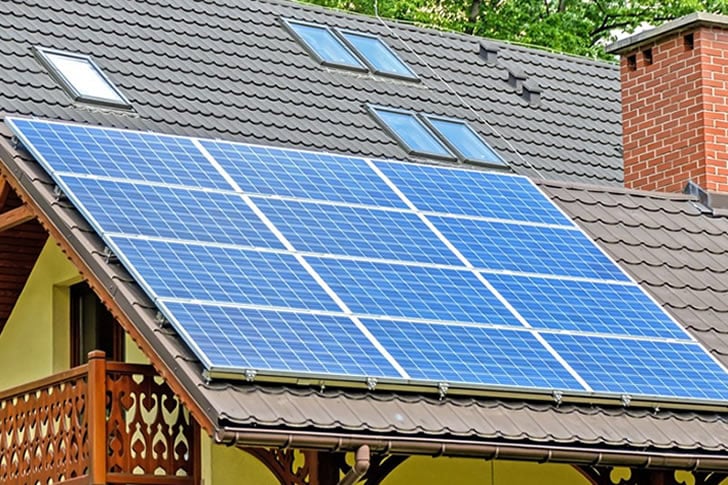Home
>
Technology
>
Harnessing Solar Energy: Essential Tips for Installing Solar Panels
Harnessing Solar Energy: Essential Tips for Installing Solar Panels
Harnessing solar energy through the installation of solar panels is a smart and sustainable choice. Here, we provide detailed advice to help you optimize your solar panel setup.

Installing solar panels is a great way to harness renewable energy, reduce electricity bills, and contribute to environmental sustainability. Here are essential tips for successfully installing solar panels:
1. Assess Your Energy Needs
- Evaluate Energy Consumption: Review your electricity bills to understand your average energy usage. This will help determine the size and number of solar panels needed.
- Consider Future Needs: If you plan to expand your energy usage (e.g., adding electric vehicles or appliances), factor this into your calculations.
2. Understand Your Roof’s Suitability
- Roof Condition: Ensure your roof is in good condition and can support the weight of solar panels. If your roof needs repairs, address these before installation.
- Orientation and Tilt: South-facing roofs typically receive the most sunlight. The angle of your roof can also affect efficiency; ideally, it should be between 30-45 degrees.
- Shade Analysis: Check for shading from trees, buildings, or other obstructions that could reduce solar panel efficiency. Tools like solar pathfinders can help assess shading throughout the day.
3. Choose the Right Solar Panels
- Types of Panels: Research different types of solar panels (monocrystalline, polycrystalline, thin-film) to find the best fit for your needs and budget. Monocrystalline panels are generally more efficient but can be more expensive.
- Efficiency Ratings: Look for panels with high efficiency ratings, which convert more sunlight into electricity.
4. Select a Qualified Installer
- Research Installers: Look for reputable solar installation companies with positive reviews and experience in your area. Check their certifications and licenses.
- Get Multiple Quotes: Obtain quotes from several installers to compare prices, warranties, and services offered.
- Ask for References: Request references from previous customers to gauge the quality of work and customer service.
5. Understand the Costs and Financing Options
- Initial Costs: Be aware of the upfront costs, including equipment, installation, and any necessary permits.
- Incentives and Rebates: Research available federal, state, and local incentives, tax credits, and rebates that can reduce the overall cost of installation.
- Financing Options: Explore financing options such as solar loans, leases, or power purchase agreements (PPAs) to make solar more affordable.
6. Plan for Permits and Regulations
- Local Regulations: Check local building codes and zoning regulations regarding solar panel installations. Some areas may have restrictions or require permits.
- Homeowners Association (HOA): If you live in an HOA, review their guidelines to ensure compliance with any rules regarding solar installations.
7. Monitor and Maintain Your System
- Monitoring Systems: Consider installing a monitoring system to track the performance of your solar panels and ensure they are operating efficiently.
- Regular Maintenance: Keep the panels clean and free of debris. Regular inspections can help identify any issues early on.
8. Consider Battery Storage
- Energy Storage: If you want to maximize your solar investment, consider adding a battery storage system. This allows you to store excess energy generated during the day for use at night or during outages.
- Grid Independence: Battery storage can provide greater energy independence and reduce reliance on the grid.
9. Stay Informed About Technology and Trends
- Emerging Technologies: Stay updated on advancements in solar technology, such as bifacial panels or solar shingles, which may offer better efficiency or aesthetics.
- Community Solar Programs: Explore community solar options if rooftop installation isn’t feasible. These programs allow you to invest in shared solar projects.
Conclusion
Installing solar panels can be a rewarding investment that pays off in energy savings and environmental benefits. By carefully assessing your needs, choosing the right equipment and installer, and staying informed about regulations and technologies, you can successfully harness solar energy for your home.



